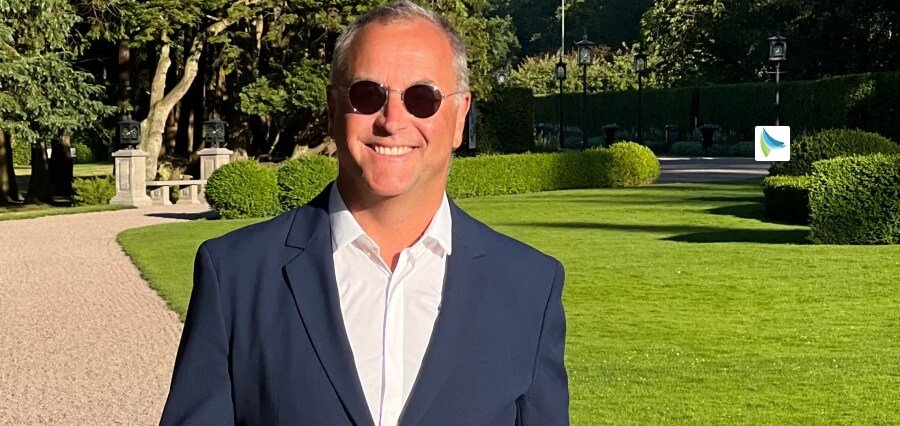Comparative negligence is a legal doctrine that not everyone fully understands. In simple terms, it means that after an accident, fault can be shared between the people involved. In many cases, the victim might also bear some level of responsibility for the accident.
With comparative negligence, the courts can determine how much each party is at fault, and based on that, they get to adjust the amount of compensation you’re entitled to receive.
Not all states follow the same rules when it comes to comparative negligence. In fact, there are different types of comparative negligence systems, and which one applies to your case will depend on the laws in your state. In any case, you would need the help of a competent personal injury law firm to help you understand the implications of comparative negligence.
Types of Comparative Negligence
Let’s break down the two most common types:
Pure Comparative Negligence
Under pure comparative negligence, your compensation is reduced based on the percentage of fault you bear for the accident. Even if you were mostly at fault, you could still recover some damages.
For example, let’s say the court finds that you were 80% responsible for the accident and the other party was 20% responsible.
In this case, if you were originally entitled to $10,000 in compensation, you would only receive $2,000 because your amount is reduced by your 80% share of the blame.
Modified Comparative Negligence
Now, modified comparative negligence is slightly different and a bit more restrictive. In states that follow this rule, you can only recover compensation if your share of the fault is less than a certain percentage—typically 50% or 51%, depending on the state. If your responsibility exceeds that threshold, you won’t be able to recover any damages at all.
For example, if you’re found to be 51% or more at fault in a modified comparative negligence state with a 51% rule, you’d get nothing. But if you were only 50% responsible, you could still recover half of your damages.
Factors That Influence the Percentage of Fault
So, what exactly determines the percentage of fault in a personal injury case? Well, it’s not as simple as saying one party is 50% responsible and the other is 50% responsible.
There are a lot of factors that come into play, and each case is different. Here are some of the things that the courts will consider:
- The actions of each party leading up to the accident: Were you distracted? Did you violate any traffic laws? Was the other party being reckless or negligent?
- The degree of care that each party owed to the other: In legal terms, everyone has a “duty of care” to act reasonably and avoid causing harm to others. The court will look at whether each party fulfilled their duty of care or failed to do so.
- The circumstances of the accident: Was it a high-speed collision on a highway or a slow-speed fender-bender in a parking lot? Was the weather a factor? The more complex the situation, the harder it can be to determine fault.
- The credibility of evidence and witnesses: The quality of your evidence can make or break your case. Strong, reliable evidence can help prove the other party’s negligence, while weak or contradictory evidence can hurt your case.
Conclusion
Comparative negligence plays a huge role in determining how much your insurance company (or the other party’s insurance company) is willing to pay out.
If you’re partially at fault for the accident, the insurance company will use your percentage of fault to reduce your settlement. It’s this particular reason that makes it quite necessary to have a solid personal injury lawyer by your side. They can fight back against these tactics and help ensure you get the compensation you deserve.
Read More- Click here



















